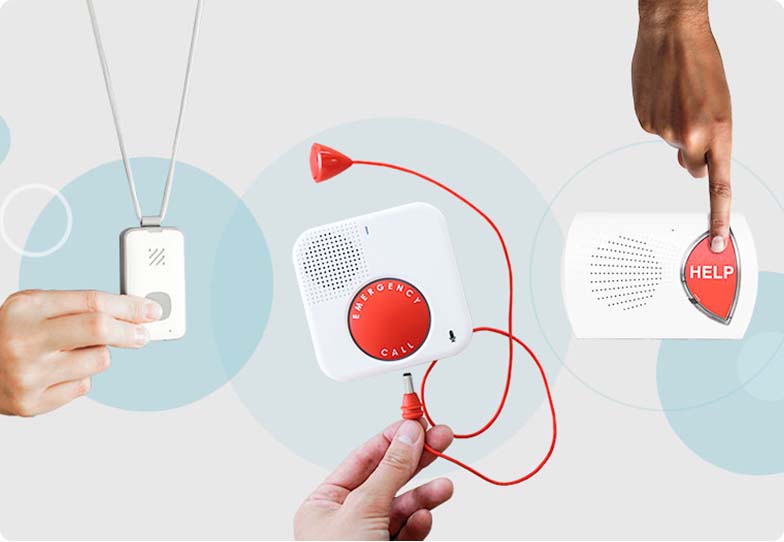A firewall is usually the first line of defense when it comes to protecting private information and keeping out threats like viruses and malware. Firewalls monitor incoming and outgoing traffic on a computer network—whether it’s your home Wi-Fi network or a large shared network at a company.
What Are Computer Firewalls?
SafeWise experts have years of firsthand experience testing the products we recommend. Learn how we test and review.
By signing up, you agree to our Terms and Conditions and Privacy Policy.
What does a firewall do?
Firewalls work as a barrier between your protected network and unauthorized users and networks. But a firewall isn’t foolproof—it may act as a bouncer that checks out individual users before they’re allowed behind the velvet rope, but it may not catch every fake ID, and it won’t hunt down and kick out the riff raff if they do sneak by. That means you shouldn’t rely on a firewall alone to keep the bad element out of your network, files, and info.
How do firewalls work?
You can implement firewalls in either software or hardware form, or as a combo. Once you have a firewall in place, all traffic entering or leaving the protected network must pass through it. The firewall inspects each message or action against specified security criteria. Anything that isn’t up to snuff gets blocked.
Types of firewalls
There are four main types of firewalls. Although each is designed to perform the same basic security function, the way they do their job is different. Many firewalls combine two or more of these types to deliver an extra security punch.
1. Packet filters
This type of firewall looks at information known as packets. Packets are messages that consist of control information and user data. Packet filters check each packet of information as a whole instead of examining the specific data. Based on the security parameters, the firewall will allow, drop, or reject the packet.
2. Application-level gateways
These firewalls apply security measures to specific applications and protocols, such as File Transfer Protocol (FTP) or Hypertext Transfer Protocol (HTTP). Application firewalls may intercept all packets entering or leaving a specific application, which adds extra security but can also slow down the transfer of data.
3. Circuit-level gateways
A circuit-level gateway controls how information is transmitted over a single network. Once this type of connection is made, packets can pass over the network between designated hosts without any additional review. This prevents the latency issues that application-level gateways can face.
4. Proxy servers
A proxy server is a firewall that hides the network address of the computers on the network. This means the proxy server connects with the internet and handles all communication, protecting the computers and the network behind it. You can set up a proxy server to allow or block everything from certain types of traffic (for example, web pages or HTTP files). Because a proxy server intercepts and analyzes all traffic passing through, it can slow down the entire network.
Firewalls are crucial to any internet security plan. Consider using a firewall in conjunction with other security measures like antivirus software and identity theft protection.
Compare the best internet security products
Amazon.com price as of post date. Offers and availability may vary by location and are subject to change. Read full disclaimer.
*First year only. Regular price $99.48/yr.
**First year only. Regular price $59.99/yr.
Recent Articles




